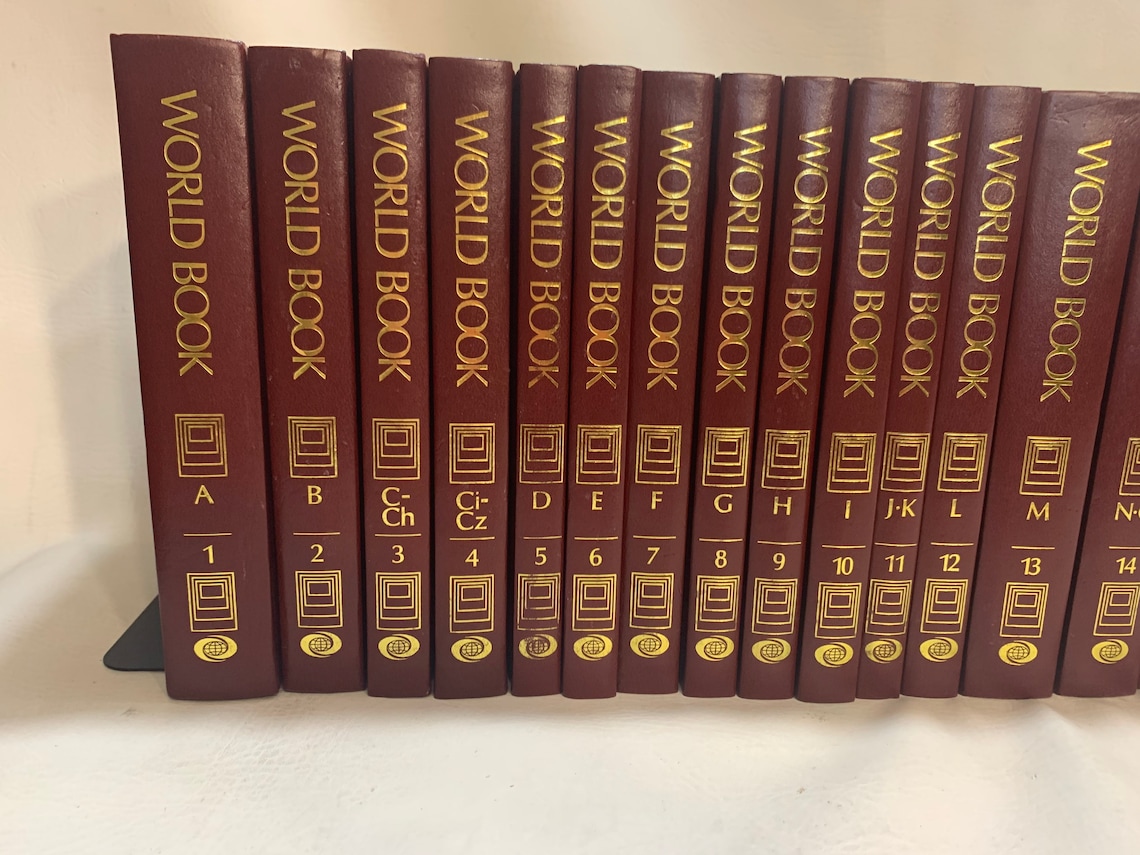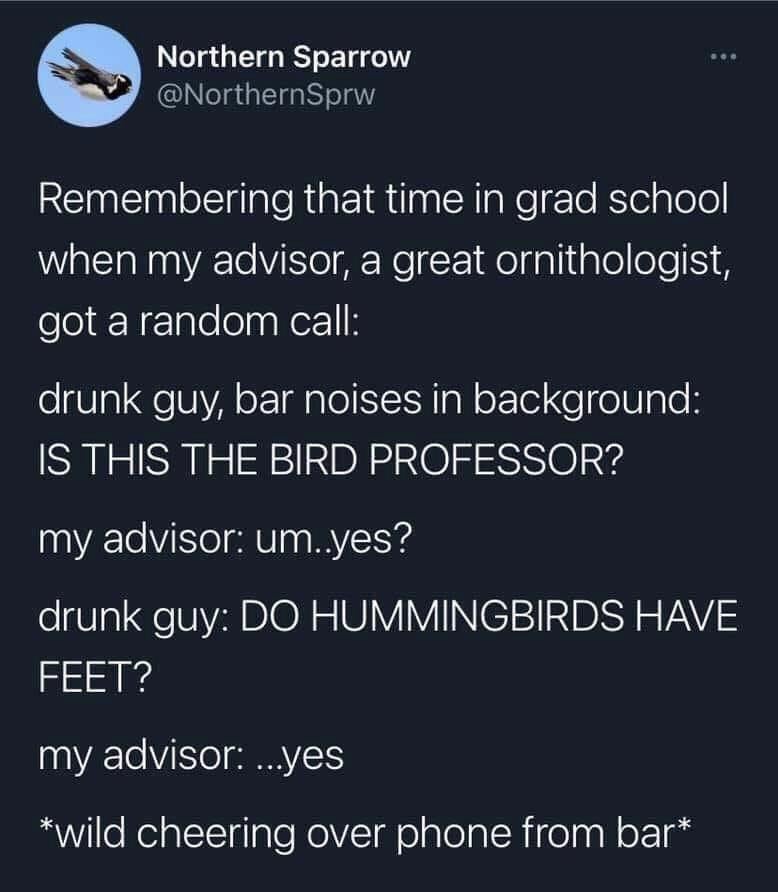I would imagine it was harder to get information on topics as you would’ve had to buy/borrow encyclopedias to do.
Were there proprietary predecessor websites?
Tell me about the dark ages!
One word: Encarta.
This.
“Don’t just copy and paste from Encarta” was commonly recited by my teachers when I was younger
I’m a little bit younger than you, so for me, it was used Wikipedia as a starting source, but do not reference it. Find your own information. We just used Wikipedia to familiarize ourselves with a topic and the terms that we would then have to actually look up and source other sites.
Encyclopædia Britannica also used to have a version released on DVD.
I remember when this came out, blew my mind. 1 cd vs a couple hundred kg worth of huge analogue encyclopaedia books.
The introduction of CD-ROM was mind blowing for me. Encyclopedias, interactive storybooks, talking Carmen Sandiego?!
It felt so futuristic.
Remember the Mindmaze game in Encarta?
Yes! I loved the mind maze. I was never really good at it (English is not my native language), but it was always fun to play.
I would bother my parents afterwards with all the facts I had learned. They were indulging at first, but even the greatest of patience will run out eventually :)
deleted by creator

Edit: Apparently you can still order an updated print edition of the World Book Encyclopedia for the low price of $1,259.00.
Arguments at the dinner table were solved by an exasperated FINE, I’ll get up and get the encyclopedia just to prove you wrong
Also, we had Encarta. It wasn’t online, but on a CD-ROM so you could view it digitally compared to the dozens of hefty books
deleted by creator
We didn’t have encarta either. We would break out the encyclopedia
And any school project started with the encyclopedia and then a trip to the library for further research.
When I learned about Wikipedia it was awesome.
We had this thing called a library. With books.
Everybody’s like “Encarta” but before CD-ROMs etc, we had massive ass sets of encyclopedias. You’d actually have an encyclopedia subscription so they could send you errata for stuff that changed over time. Sort of like paper DLC for reality.
It sucked.
But pre-Internet it was fun to sit around and flip through the encyclopedias/dictionaries and read stuff. If you were lucky you’d find something sex-related.
This unlocked a childhood memory! I forgot that my parents once randomly let door to door salemen in to sell us this crazy large set of books. I think my parents were desperate because I was awful at school and somehow thought someone who didn’t try would now do so because I have all the information I needed… I feel bad, but I never used them once, a giant waste of money.
Lol. We had a giant set of kids Britannica’s that my folks got from a door to door salesman. I wonder if that was the primary vector for encyclopedias.
Patch notes: USSR removed, balance changes to military stats
deleted by creator
I enjoy the “firestorm of criticism” bit. And
On 9 March 1976 the US Federal Trade Commission entered an opinion and order enjoining Encyclopædia Britannica, Inc. from using: a) deceptive advertising practices in recruiting sales agents and obtaining sales leads, and b) deceptive sales practices in the door-to-door presentations of its sales agents

Before that, you had to get your Encyclopedia on a CD. Encarta '98 was the shit. Some of the articles had pictures and even video clips! At 320x240 resolution and 15 FPS, but my laptop was playing real video, like a TV! It was mind-blowing shit. I watched the video clip of a earthquake in Kobe, Japan over and over again. If I remember correctly, there was actually a second video of people white-water rafting. Two whole videos, that I could play on my computer. Those were the days…
So you wanna play some basketball?
My school in the 90s had to ban watching the Encarta Basketball video. We’re in the UK and don’t really have much of a basketball culture but students flocked to the computer room every day to watch it because of the novelty of seeing a video play on a computer monitor.
I also think I remember the earthquake video, I think Encarta 95 had about 6 videos…
AHH Encarta and the mind maze
IIRC it also had a clip of the Apollo 11 launch and moon landing. Amazing stuff.
I also learned a ton about different instruments by playing that interactive game where you match them to their countries. Thanks to Encarta I was probably in the privileged minority of American 8 year olds that knew what the heck a digerido, pan flute, or sitar was! :D
You could argue about who was right about some obscure fact all night long, or come up with your own creative theories.
Nowadays, in less than a minute, someone will look it up, killing the conversation.I had a friend who would just make shit up to try to win arguments.
Hi, it’s me, your friend.
Now you’re just making shit up.
You say that like it’s a bad thing but I LOVE to kill conversations with citations. “Here’s an article from the 90s where Trump talks up Epstein. Sounds like they were buds after all!”
My father and his wife still do this. I enjoy letting them bicker about dumb shit for five minutes before pulling out my phone and saying “OK, Google…” so they can hear the results and then get mad at each other and the internet for the answer.
In the long-long-ago, encyclopaedias were on paper, 28 volumes, and weighed 14kg. Quite comprehensive.
Then encyclopaedias were on a CD or two, around 100g.
Before Wikipedia, everything2 was a previous example of a massively-interlinked-website. You could search and maybe turn up some details.
Or prior to google being created, you would just do a search in metacrawler.com to usually turn up some OK answers.
Metacrawler takes me back, as well as having to use paper encyclopaedias for school!
In the long, long ago times we had these things called libraries where books were checked out and accessible by using a card. Finding out factual information could take a bit of time depending on how obscure it was, but librarians were very helpful in finding things.
Otherwise stuff was mostly passed on by word of mouth and people tended to believe whoever said stuff with the most confidence. So like today’s social media, but slower and mostly in person.
I’ll be honest man: it sucked.
Imagine a time where you had a question, and you just… didn’t get to know the answer. Like, literally every time you just had to hope someone in your general area had some level of confidence in their answer to satisfy your curiosity until you could confirm it later. Or you’d just go around repeating it to people with out confirming. Whatever.
If something was important enough, you’d go track down an answer. Remember to look it up when you got home using your parent’s encyclopedias. Or make a trip to the library.
In a way, we kind of lost something: conversation and discussion. Before I feel like people really picked apart an issue where you’d all come up with a consensus over a few hours of discussion about a topic at a party or something. Then someone would come back with the answer another day, and bring in some more stuff they learned while looking it up, and it would start a whole new conversation.
Just random webpages that you took at face value because there’s no way someone can publish misinformation on something as big and sophisticated as this internet thing.
I grew up in the 90s, so we had Encarta for most of the time I needed an encyclopedia.
It also wasn’t uncommon to have a (partial) set of encyclopedias at home. You could buy them, one or more volumes at a time, over the phone or occasionally from door-to-door salespeople. We also had an old set from the 60s that we inherited from my grandmother.
It also wasn’t uncommon to have a (partial) set of encyclopedias
“The big book of answers” as it was (jokingly) referred to in my childhood home. It was kept near the dinner table to settle arguments. It never settled them
We had libraries and librarians, the library was an amazing place, soo, soo many books, and you could take them home for a few weeks, for free!
And if you had trouble finding something a librarian could help you find the book you where looking for.
Libraries are still fantastic, but have lost a lot of it’s magic since smartphones became a thing.
Let me tell you about borrow return policy at libraries and the associated fines for late returns and how to find something using the dewey decimal classification system. Fun times!
https://en.m.wikipedia.org/wiki/Dewey_Decimal_Classification
https://www.guinnessworldrecords.com/world-records/largest-library-book-fine-paid













